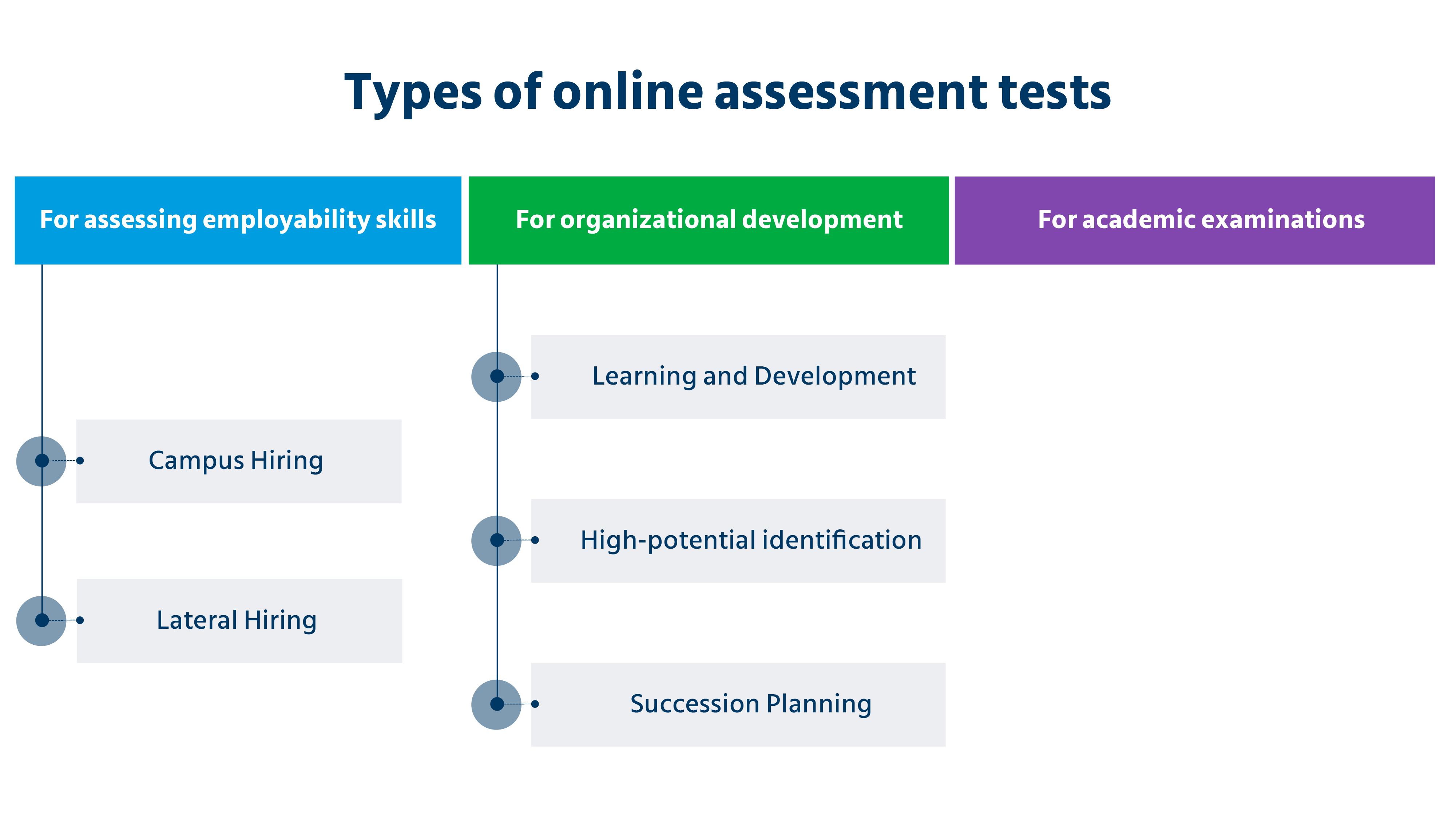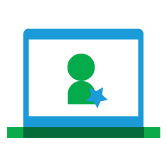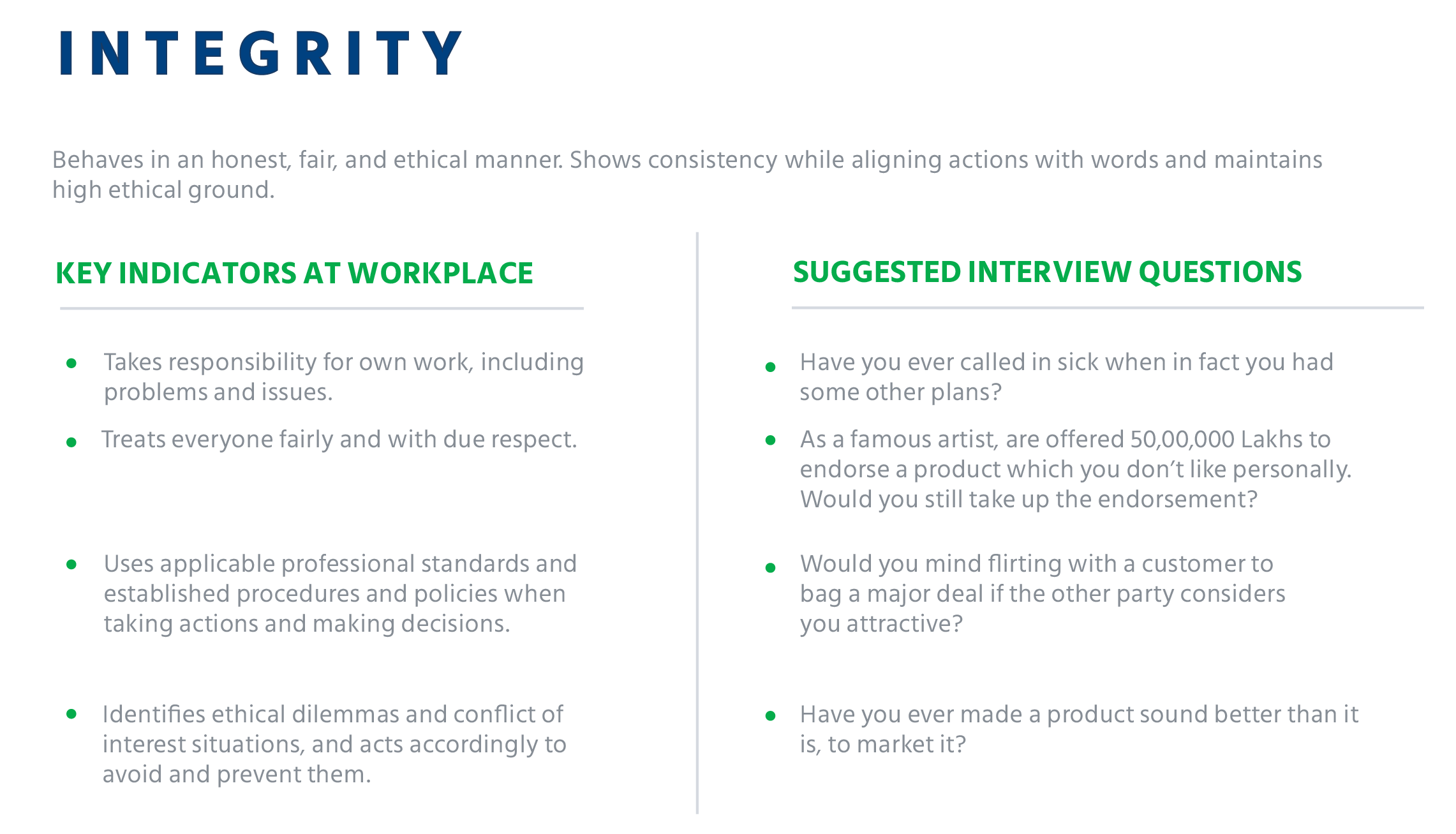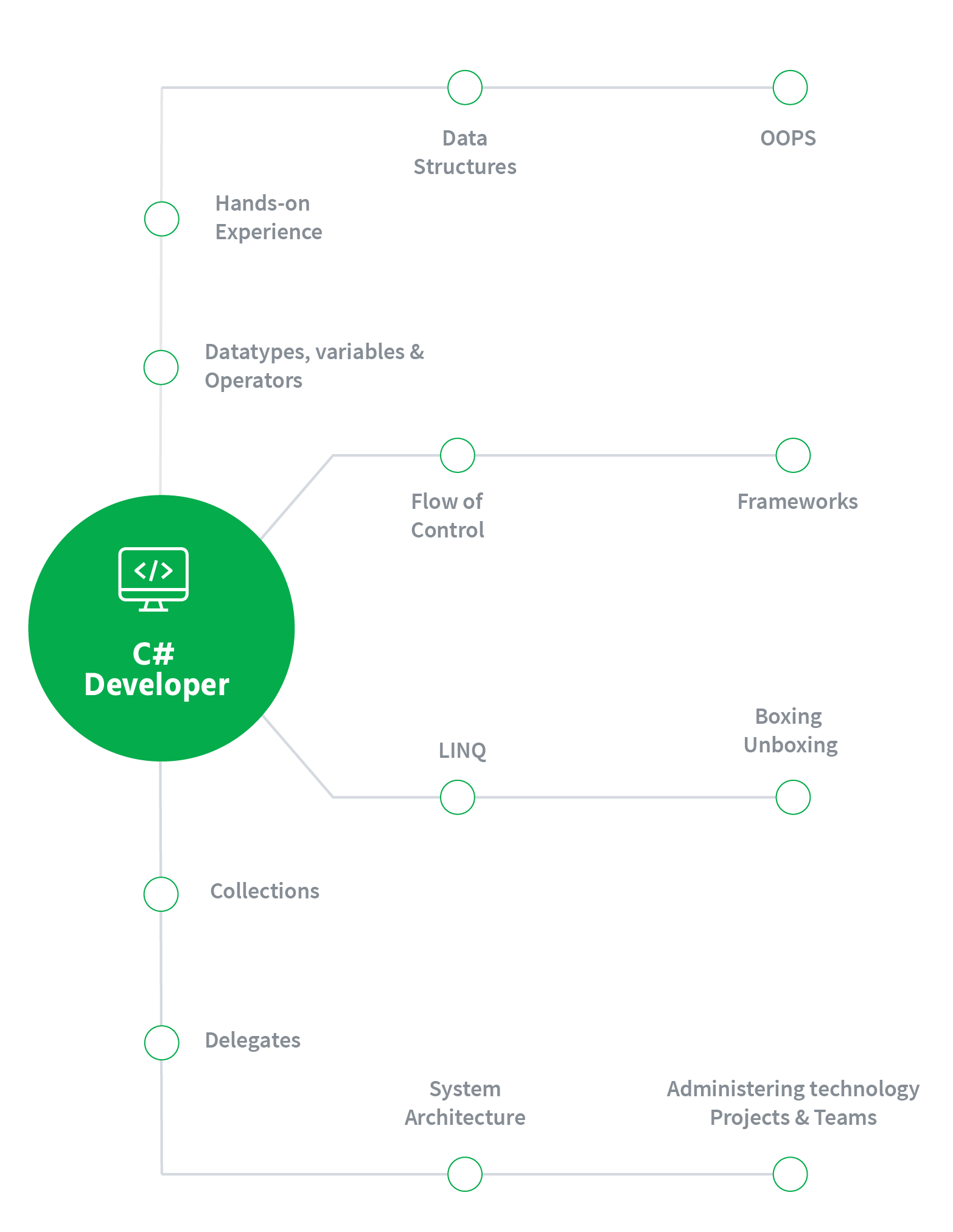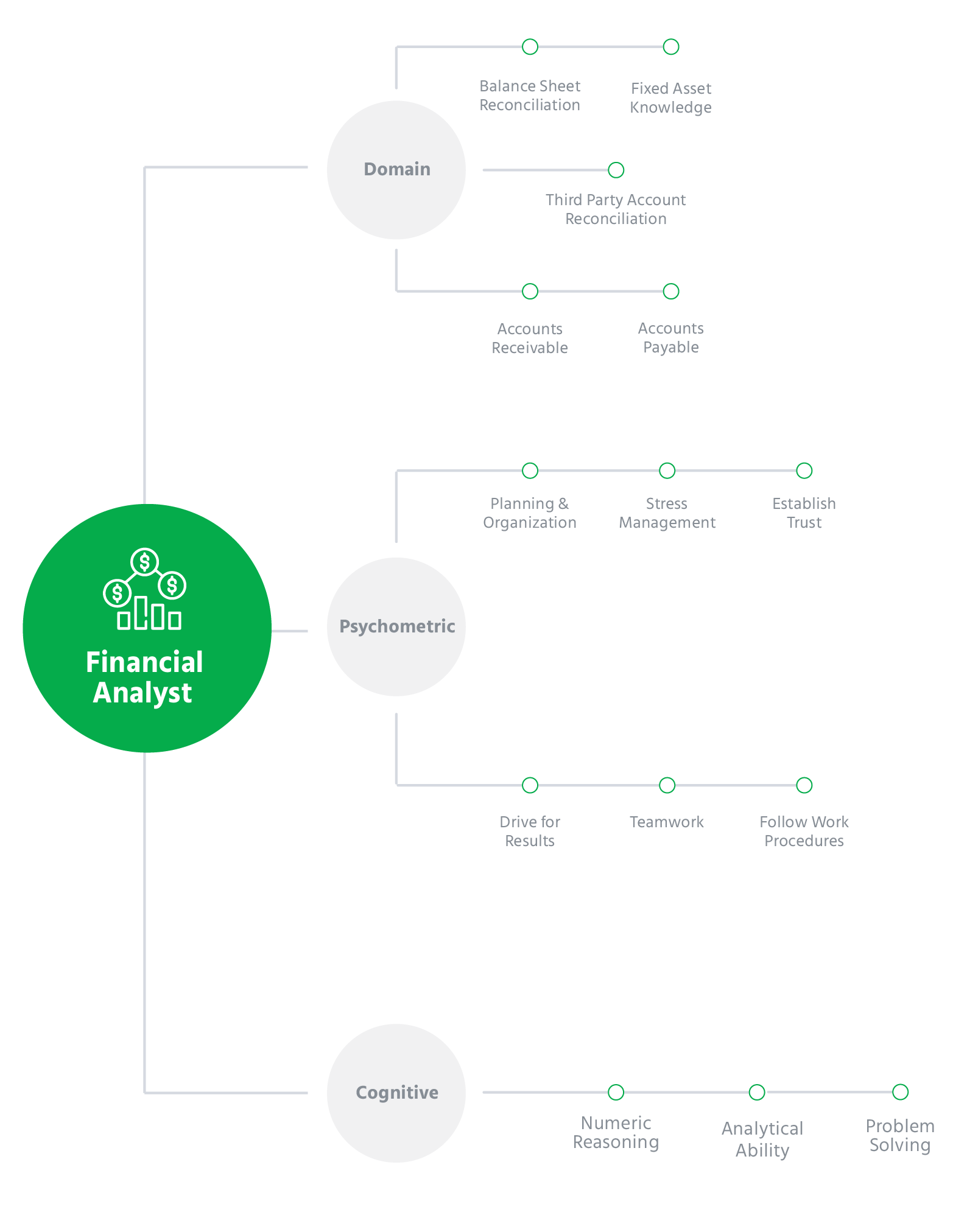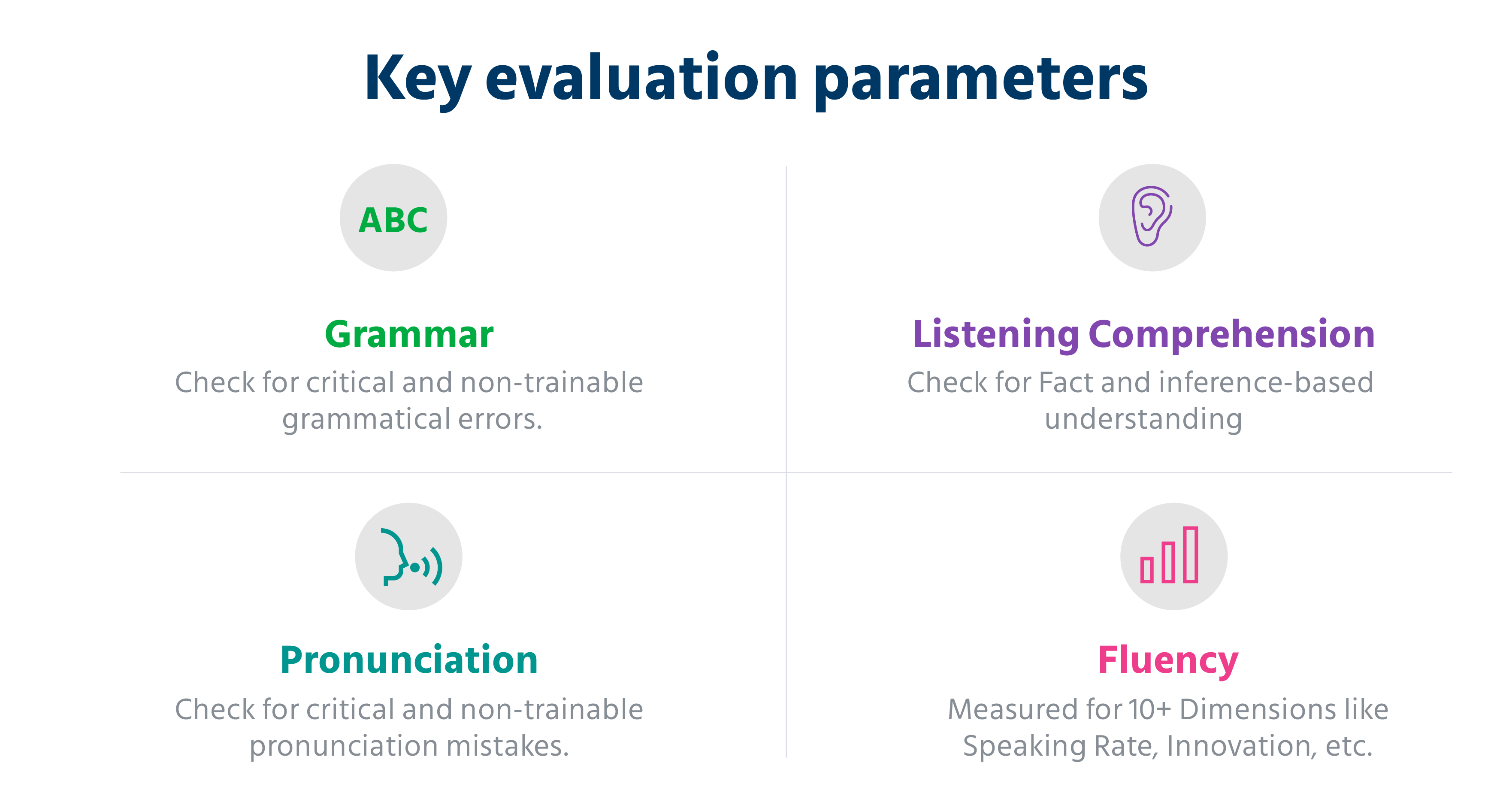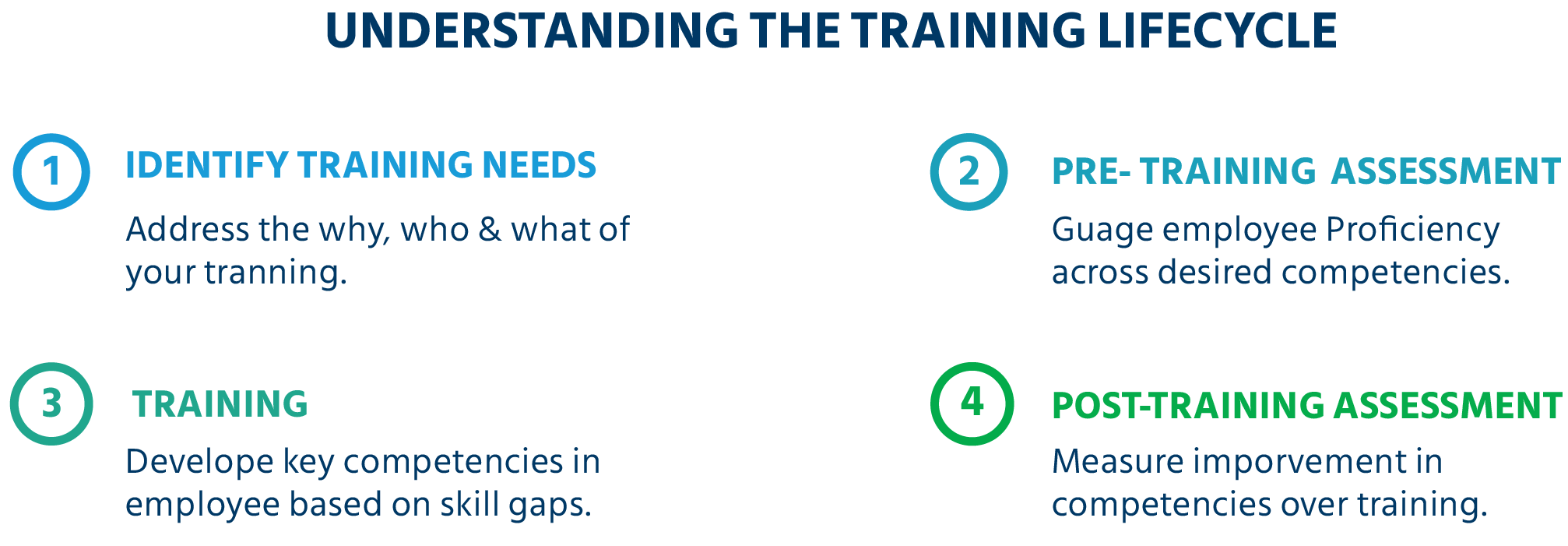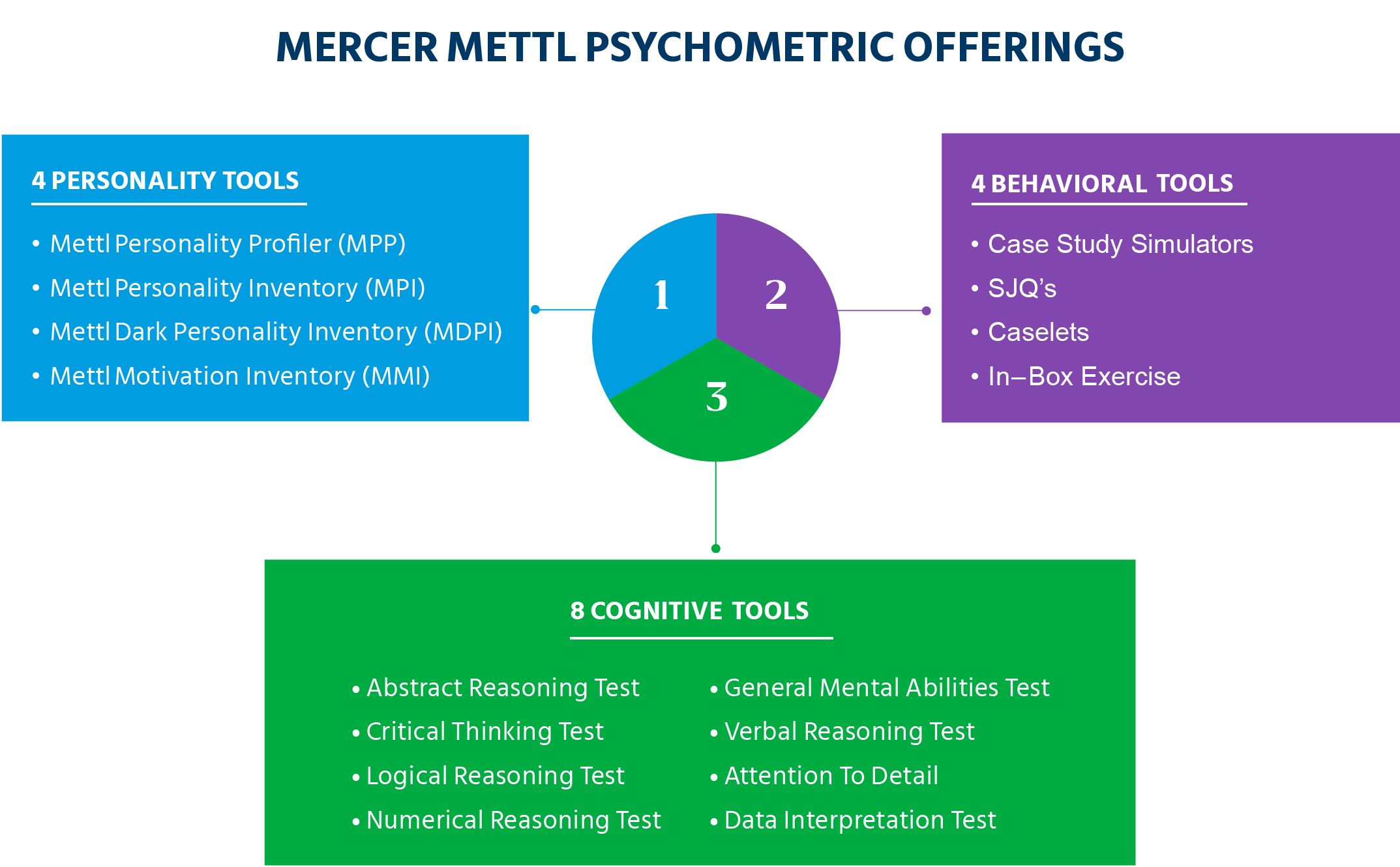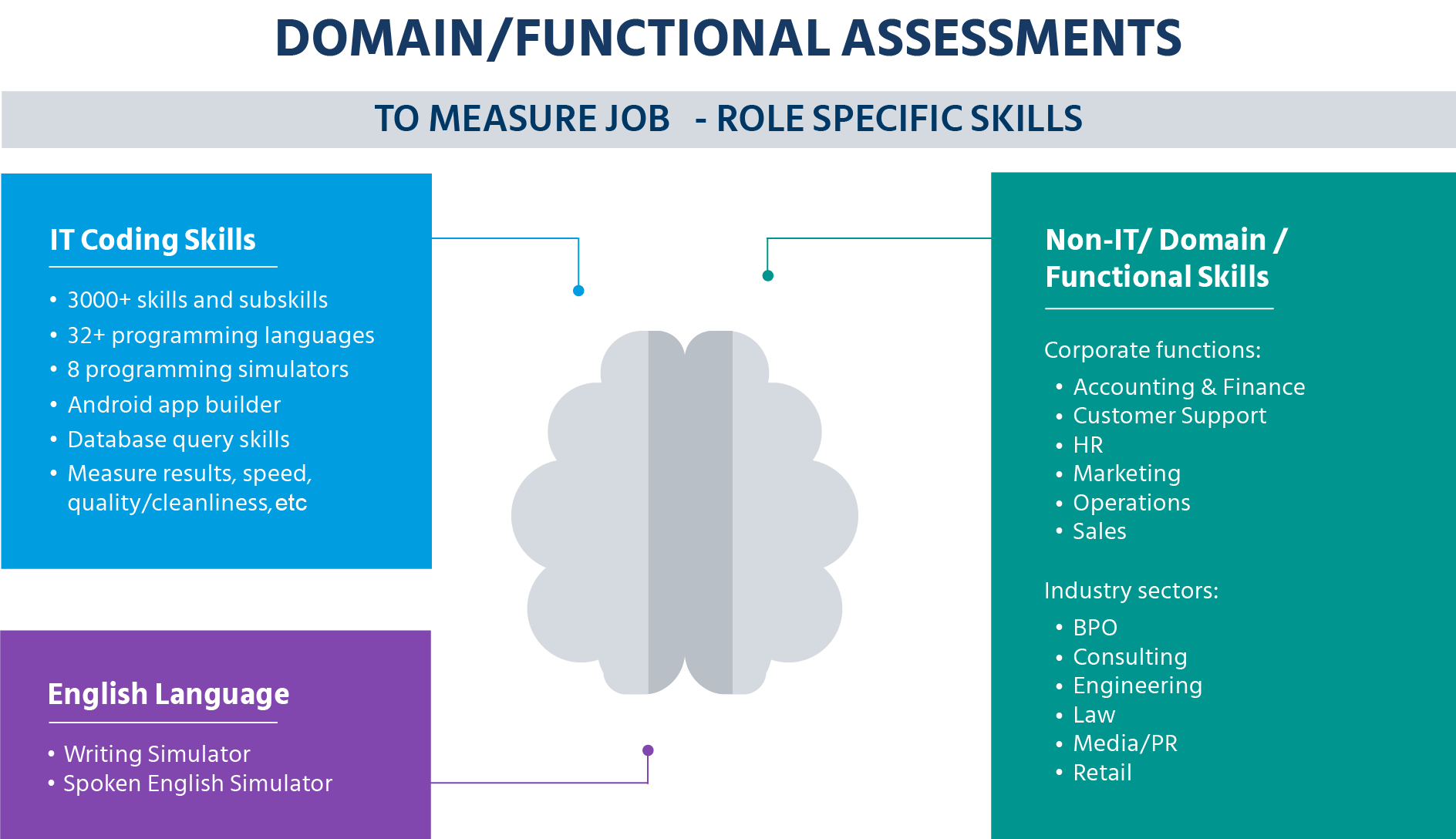Traditional recruitment methods are not free from limitations. Online assessments have the edge over their retro counterparts when evaluating candidates’ capabilities holistically. The ample leeway these assessments have over their predecessors is the accuracy and flexibility they offer to recruiters in various talent verticals and screen out misfits from the cohort early in the process. They justify evaluating, analyzing and documenting the test-takers’ work readiness, training needs, learning progress, and skill acquisition. The benefits of online assessments are substantial, some of which are listed below:
- Better candidate selection
Online assessments measure candidates’ capabilities and gather essential data on their skills, abilities, and personalities. The test can help ascertain whether they are a good fit for organizations. These assessments are proctored online with the highest security standards. Therefore, the integrity of these tests is unwavering. Online assessments are normative, which helps employers conduct an objective and fair evaluation of candidates to determine the right person for the role. Since these tests have inherent scientific reliability, their results can be valid indicators for the prospective candidate’s future job performance.
- Data-driven hiring decisions
Online assessment analytics lend unparalleled ease to dissect complex data to furnish crucial insights, enabling employers to make data-driven hiring decisions. With instant test results and report generation in real-time, the candidate evaluation report gets generated as soon as the test-taker completes the online assessment. Since online reviews make it incredibly easy to test thousands of candidates, they help recruiters build a sizable talent repository, which is helpful for future hiring. Moreover, hiring managers can leverage the power of insightful data generated from assessing so many candidates.
- Better filtration in campus hiring
Online assessments can help companies identify prospective hires during a campus hiring drive. By utilizing these tools, recruiters can save a significant amount of time by not having to administer tests for every candidate manually and single-handedly but rather automating the entire process with the help of online assessments. These tests are an excellent filtration tool to assess a large applicant pool, screen out unsuitable applicants and qualify top talent. These assessment tests are used as standard pre-recruitment tools to assess various skills (both hard and soft) for technical and non-technical roles. Additionally, one can employ specific online assessments such as psychometric tests, culture fit tests, aptitude tests, and behavioral tests to obtain a holistic profile of candidates.
Online assessments are also helpful when understanding a candidate’s cultural fit during the hiring process. Cultural fit is the congruity of beliefs, values, and objectives between the employer and employee. When a candidate aligns perfectly with an organization’s values and goals, it might be translated into a successful long-term relationship. A cultural fit assessment helps employers determine what would matter to prospective employees once they start working at an organization. The test is a helpful tool to assess candidates’ cultural fit and increase retention rate by selecting candidates who are the best fit for the company.
With the advent of online assessments came the convenience of reaching beyond the constraints of geographical limitations. Now, examining bodies can reach out to candidates from far-flung areas, unlike before when administering tests was limited to physical test centers.
Examinees nowadays prefer working on a computer and are not keen on adopting the traditional pen-and-paper approach. Candidates are so used to computer editing tools while writing that they cannot do without them; for example, copying and pasting text and using spreadsheets have become commonplace tasks. Switching to pen and paper would be toilsome when they have become accustomed to working digitally.
- Minimized administrative burden
By turning to online assessments, evaluators significantly reduce administrative hassles such as organizing and conducting exams. Printing and distributing estimates on paper and organizing the supplies of complete scripts for evaluation purposes is tedious.
Security concerns are appropriately addressed in an online test setting, where all test papers, candidate details, and grades are digitally available. Besides, the security level is remarkably high because only authorized people can access the assessment.
Online assessments offer unparalleled ease of taking exams from anywhere. Features such as online remote proctoring enable examinees to take an exam from the comfort of their homes securely and conveniently.
Online assessment reports are comprehensive and provide insights into candidates’ results and progress. Such a report delves deep into how candidates perform in a particular area and which areas require immediate attention.
Online assessments can simplify the evaluation process and provide test outcomes much faster than traditional assessments. With the auto-grading feature, assessors spend less time grading manually and give the candidates immediate feedback.
In the case of an online assessment, authoring questions becomes a collaborative process. The examining body can easily manage the tasks while creating questions because transparent workflows are defined for reviewing and selecting problems before including them in the question bank.
Administering online assessments is cost-effective because administrators save time and resources while performing administrative operations, including exam creation, delivery and circulation, and evaluation processes.
- Accommodates candidates with disabilities
Administrators can conduct online assessments even for candidates with disabilities. It is easier to change the background color, font size, etc. Moreover, the test format perfectly caters to those candidates with special considerations.









 Behavioral Competencies
Behavioral Competencies Cognitive Competencies
Cognitive Competencies Coding Competencies
Coding Competencies Domain Competencies
Domain Competencies















